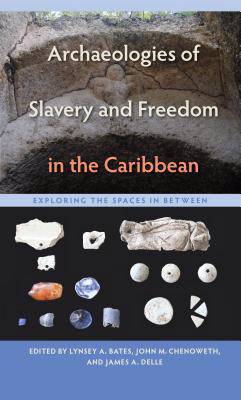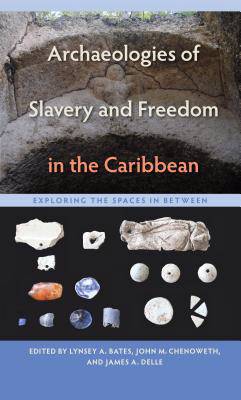
- Retrait gratuit dans votre magasin Club
- 7.000.000 titres dans notre catalogue
- Payer en toute sécurité
- Toujours un magasin près de chez vous
- Retrait gratuit dans votre magasin Club
- 7.000.000 titres dans notre catalogue
- Payer en toute sécurité
- Toujours un magasin près de chez vous
128,45 €
+ 256 points
Description
"We are reminded that the Caribbean was a more complicated place than we usually imagine."--Kenneth G. Kelly, coeditor of French Colonial Archaeology in the Southeast and Caribbean Caribbean plantations and the forces that shaped them--slavery, sugar, capitalism, and the tropical, sometimes deadly environment--have been studied extensively. This volume turns the focus to the places and times where the rules of the plantation system did not always apply, including the interstitial spaces that linked enslaved Africans with their neighbors at other plantations. The essays also explore the lives of "poor whites," Afro-descendant members of military garrisons, and free people of color, demonstrating that binary models of black slaves and white planters do not fully encompass the diversity of identities before and after emancipation. Employing innovative research tools and integrating data from Dominica, St. Lucia, the Dominican Republic, Jamaica, Barbados, Nevis, Montserrat, and the British Virgin Islands, these essays offer a deeper understanding of the complex world within and beyond the sprawling sugar estates. Contributors: Hayden F. Bassett Lynsey A. Bates Zachary J.M. Beier Helen C. Blouet John M. Chenoweth John F. Cherry James A. Delle Kristen R. Fellows Khadene K. Harris Stephan T. Lenik Marco Meniketti Matthew C. Reilly Krysta Ryzewski Jane I. Seiter Frederick H. Smith Laurie A. Wilkie
A volume in the Florida Museum of Natural History: Ripley P. Bullen Series
A volume in the Florida Museum of Natural History: Ripley P. Bullen Series
Spécifications
Parties prenantes
- Auteur(s) :
- Editeur:
Contenu
- Nombre de pages :
- 368
- Langue:
- Anglais
- Collection :
Caractéristiques
- EAN:
- 9781683400035
- Date de parution :
- 15-11-16
- Format:
- Livre relié
- Format numérique:
- Genaaid
- Dimensions :
- 156 mm x 234 mm
- Poids :
- 748 g







